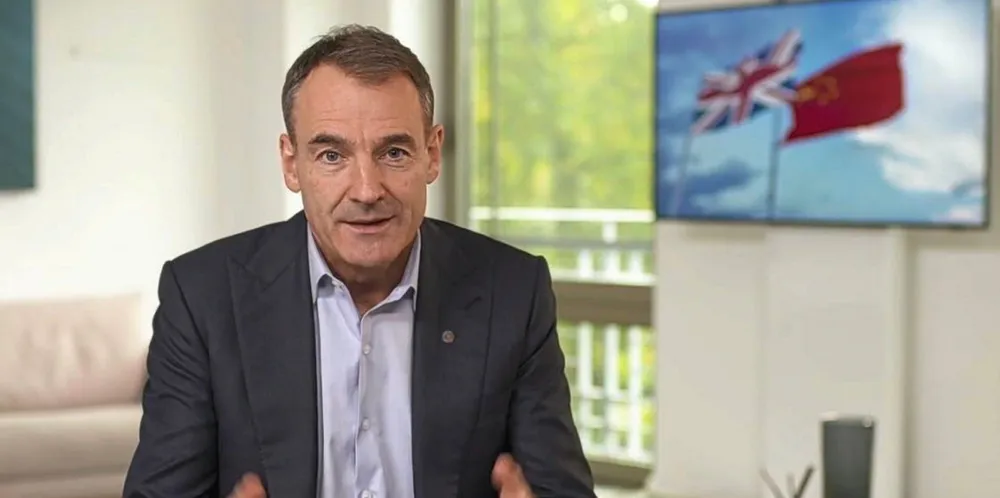BP 'holding its nerve' on energy transition spend, says CEO Bernard Looney
'One thing we’ve learned after three years is we will never satisfy everybody', supermajor chief tells Reuters in an interview

'One thing we’ve learned after three years is we will never satisfy everybody', supermajor chief tells Reuters in an interview
